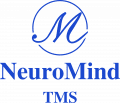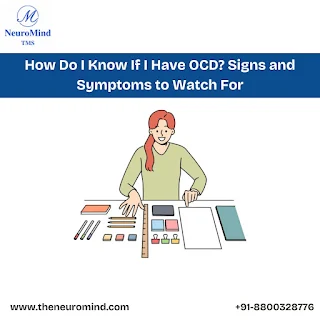Obsessive-Compulsive Disorder (OCD) is a mental health condition that affects thoughts, emotions, and behavior. People with OCD experience intrusive thoughts, fears, or urges that cause anxiety, leading them to engage in repetitive behaviors or rituals. While OCD can be overwhelming, access to advanced treatments has made recovery much more achievable. Today, OCD treatment in Delhi has evolved significantly with modern therapies that address the root causes of the disorder and promote long-term healing.
Understanding OCD and Its Challenges
OCD is more than just being overly organized or cautious. It involves cycles of obsessions—unwanted and distressing thoughts—and compulsions, which are repetitive actions performed to reduce anxiety. Without professional intervention, OCD can interfere with work, relationships, and daily life. Fortunately, modern approaches in Delhi are providing effective solutions for patients of all ages.
Cognitive Behavioral Therapy (CBT)
One of the most widely used methods in OCD treatment in Delhi is Cognitive Behavioral Therapy, particularly Exposure and Response Prevention (ERP). This approach helps patients gradually face their fears without performing compulsive rituals. Over time, individuals learn to manage anxiety and break free from the cycle of obsessions and compulsions. CBT is highly effective and is considered the gold standard in OCD care.
Medication Support When Needed
While therapy is often the first choice, some patients may also benefit from medication under psychiatric supervision. Selective serotonin reuptake inhibitors (SSRIs) are commonly prescribed to regulate brain chemistry and reduce symptoms. The combination of therapy and medication often produces the best outcomes, depending on the severity of the disorder.
Advanced Non-Medication Therapies
In recent years, non-invasive treatments such as Transcranial Magnetic Stimulation (TMS) have gained popularity in Delhi. TMS uses magnetic pulses to stimulate specific brain regions involved in OCD. This modern therapy offers hope for individuals who do not respond well to traditional methods. By making treatment less reliant on medication, such innovations are reshaping the future of OCD care.
Holistic and Lifestyle Approaches
Modern OCD treatment also emphasizes the role of lifestyle. Stress management, mindfulness practices, yoga, and support groups are increasingly recommended as complementary strategies. These methods not only help manage OCD symptoms but also enhance overall mental well-being, making recovery more sustainable.
Accessible Care in Delhi
With the growing awareness of mental health, specialized clinics and psychiatrists are now offering comprehensive care for OCD. Patients seeking OCD treatment in Delhi can access world-class therapies that are personalized, evidence-based, and focused on long-term improvement.
Final Thoughts
OCD can feel like a lifelong struggle, but modern therapies are changing the narrative. From advanced psychotherapy to innovative non-medication approaches, OCD treatment in Delhi has become more effective and patient-centered than ever before. With the right professional guidance, individuals can manage their symptoms, regain control, and lead fulfilling lives.




